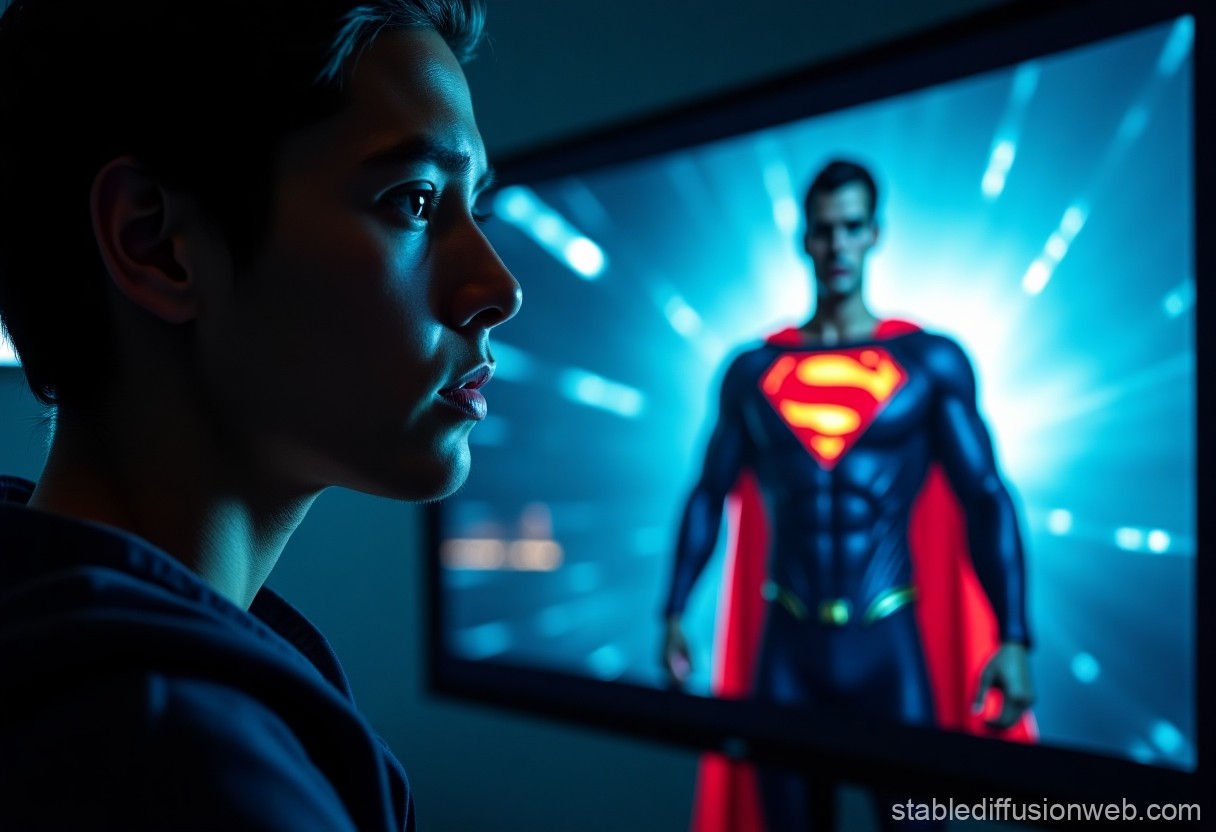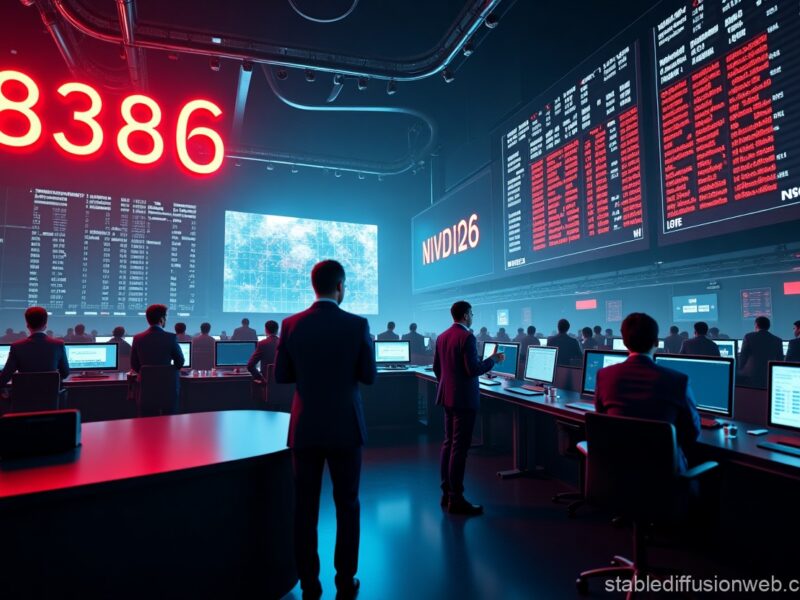Over the past year, YouTube has been flooded with AI-generated fake movie trailers, frustrating regular users with their uncanny visuals and misleading titles. However, according to a recent report by Deadline, major Hollywood studios were actually making money off these videos before YouTube decided to shut down their revenue stream.
Rather than cracking down on copyright violations, major film studios struck a deal with YouTube to redirect ad revenue from these AI-generated trailers to themselves. This setup essentially allowed them to profit off low-effort, AI-generated content while maintaining plausible deniability.
One of the most notorious examples of this trend was a fake trailer for the upcoming Superman reboot, which was so convincing that it even tricked a French national television network. The incident prompted director James Gunn to express his frustration on social media, posting three vomiting emojis on X (formerly Twitter). What he might not have realized at the time was that Warner Bros. Discovery, the studio behind the actual Superman film, was among the companies quietly benefiting from the deceptive video’s popularity.
This situation raises concerns about why Hollywood studios allowed their intellectual property to be diluted by AI-generated misinformation. These fabricated trailers appeared alongside official teasers, often confusing audiences. While exact revenue figures remain unknown, some of these videos accumulated billions of views, making it a lucrative—albeit ethically dubious—endeavor for studios. The actors’ union SAG-AFTRA has condemned the practice as a “race to the bottom.”
However, this revenue stream has now dried up. In response to Deadline’s investigation, YouTube has disabled monetization for AI-generated fake movie trailers. Popular channels that specialized in this type of content, such as Screen Culture, have been removed from the YouTube Partner Program, ensuring that no one profits from these misleading AI creations anymore.
Content creators can still appeal YouTube’s decision. The founder of KH Studio, a channel that amassed hundreds of millions of views with AI-generated trailers, stated that misleading audiences was never their intention. Instead, they saw their work as speculative “what if” content rather than deliberate deception.
“I’ve been running KH Studio full-time for over three years now, putting everything into it,” the channel’s creator explained. “It’s tough to see it categorized as ‘misleading content’ when my goal has always been to explore creative possibilities—not to misrepresent real releases.”
For now, YouTube’s policy shift marks a major turning point in the debate over AI-generated entertainment content. Whether this is the end of AI-powered fake movie trailers or just a temporary setback for their creators remains to be seen.


